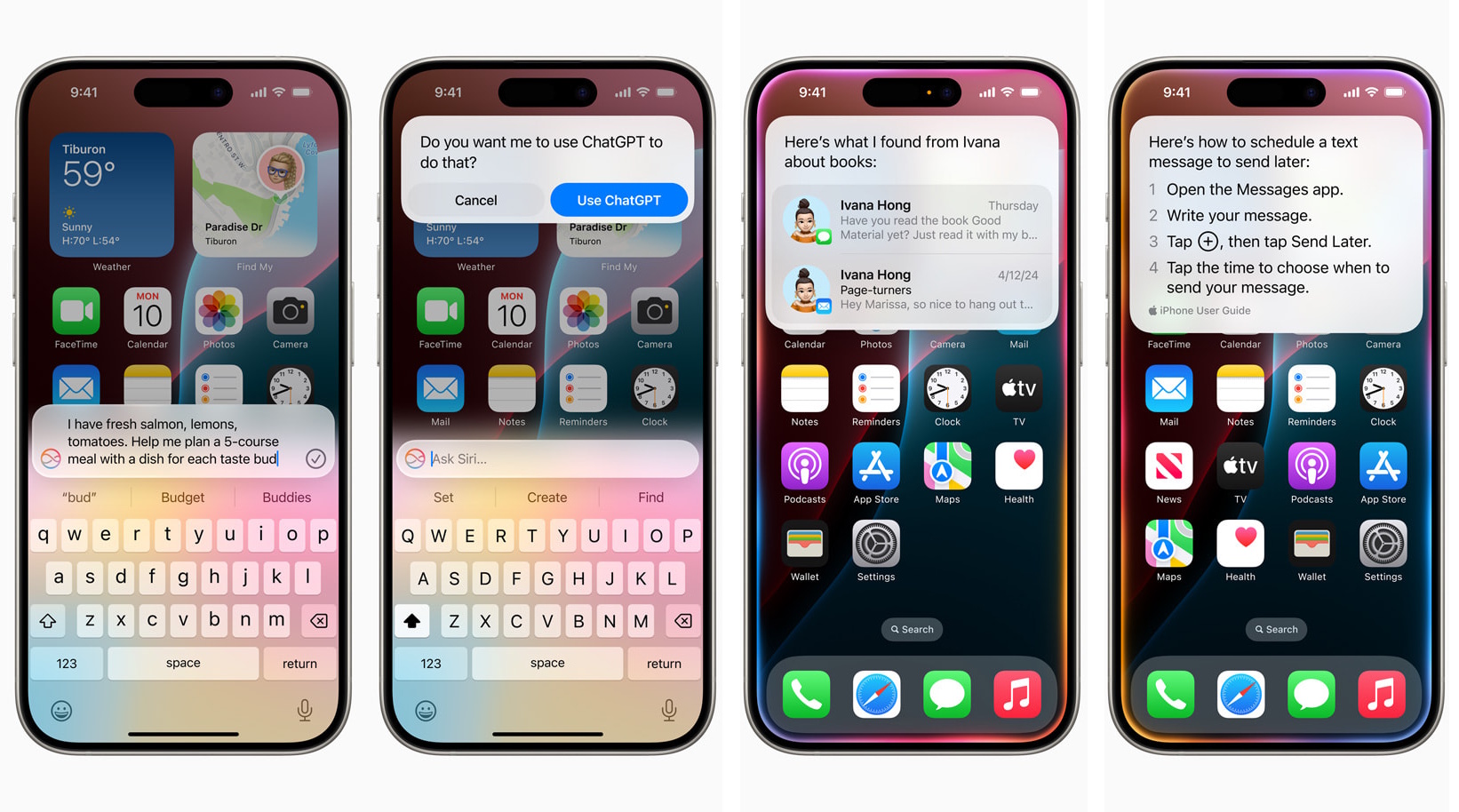I en fantastisk strategisk pivot vänder Apple sig till sin huvudrival Google för att rädda den efterlängtade översynen av sin Siri-röstassistent. According to reports, the two tech giants have reached a formal agreement for Apple to test Google’s Gemini AI, aiming to power a new generation of search and summarization features.
This move, according to a new report from Bloomberg’s Mark Gurman, is a direct response to Apple’s deepening internal AI crisis, which has har plågas av en orolig Siri-ombyggnad och en högprofil talangutflykt. By integrating a competitor’s core technology, Apple is making a pragmatic, if humbling, concession to accelerate its efforts in the AI race it has been losing for years.
The new features, reportedly dubbed “World Knowledge Answers”internally, will allow Siri to provide AI-generated summaries from the web. Detta utmanar direkt AI-native sökmotorer från OpenAI och förvirring. The system will reportedly use a planner to interpret prompts, a search function, and a summarizer.

A Strategic Surrender Forged in Crisis
Apples beslut att samarbeta med Google fattades inte i ett vakuum. Det är det direkta resultatet av ett år långt interna misslyckanden med att modernisera Siri. The initial project to graft modern AI onto the assistant’s aging and notoriously brittle foundation was described by insiders as a “wreck”.
This technical debt led to public missteps that tarnished Siri’s reputation, including glitches that created ‘phantom’ restaurant reservations and a $95 million legal settlement over allegations of hidden user recordings. The turmoil forced the company into a complete “V2″architectural overhaul.
This humbling reset has delayed its most advanced, context-aware Siri features until at least spring 2026. Analyst John Gruber framed the painful but necessary step, stating that “rebuilding Siri on a new architecture was the ‘only way forward, even if it’s embarrassing in the short term.'”
Before the Google Deal, Apple utforskade ett brett utbud av externa lösningar. Tjänstchefen Eddy Cue hade förkämpat ett landmärkeförvärv av en stor AI-start som förvirring eller Mistral AI. Cue also confirmed Apple was evaluating models from OpenAI and Anthropic, believing “today there is much greater potential because there are new entrants attacking the problem in a different way.”
From ‘Wreck’ to Rebuild: The Talent War’s Ground Zero
Compounding the technical debt was a severe crisis of confidence that sparked a significant talent exodus. A key catalyst was a leadership decision to veto a plan to open-source some of Apple’s core AI models, fearing it would expose performance weaknesses on iPhones.
This clash between Apple’s famous secrecy and the open, collaborative culture of AI research was the final straw for many frustrated engineers. Key personnel, including robotics lead Jian Zhang and foundation models head Ruoming Pang, defected to rival Meta.
Meta has ruthlessly capitalized on Apple’s self-inflicted wounds, poaching top minds with massive compensation packages and unprecedented resources. The new currency in this industry-wide talent war is raw computing power, a front where Apple has been outmaneuvered.
Google to the Rescue? A New Brain for Siri
The Gemini integration, if it proceeds beyond testing, could provide Apple with a desperately needed technological leap. According to reports, Apple is evaluating Gemini for Siri’s summarization capabilities, while still considering models from Anthropic for other functions like planning.
This multi-vendor approach suggests Apple may be shifting its role from a foundational model builder to the ultimate integrator. Its core competency could become curating the best third-party AI, wrapping it in a seamless and secure package that aligns with its brand promise of privacy.
However, this strategy is not without risk. Det gör Apple beroende av sina största konkurrenter för kärnfunktionalitet och löser inte sitt långsiktiga innovationsproblem. Recognizing this, Apple has reportedly created a new “Answers”team to build its own web-based ChatGPT competitor.
This two-pronged strategy—adopting external tech for the short term while building internal capabilities for the long term—is a pragmatic path forward. It buys Apple precious time in a race it cannot afford to lose, even if it means temporarily surrendering its long-held doctrine of building everything itself.